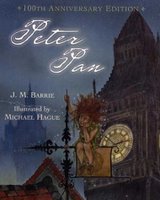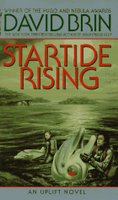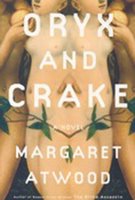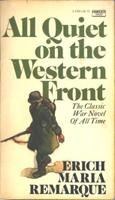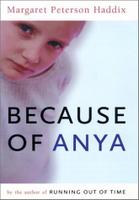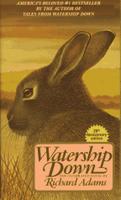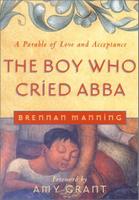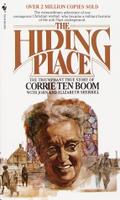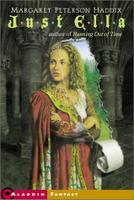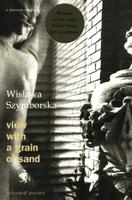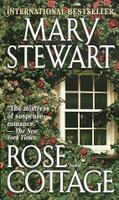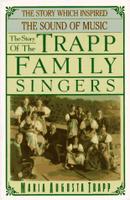This is the amazing story of a Dutch woman and her family during the German occupation of Holland in World War II. The Ten Boom family became part of the Dutch Underground, helping to find places in the country for Jews, and getting ration cards so they could eat and survive. When they ran out of other places, they opened up their own home to people. At some point, they knew their organization was getting too large, that too many people knew about their work, and that eventually they would be discovered-- but even then, they could not stop helping people. So Corrie, along with many members of her family and friends, was sent to prison. Then, with her beloved sister Betsie, she was moved first to a camp for political prisoners, and then finally to the dreadful concentration camp at Ravensbruck. In all of these dreadful circumstances, God supplied her needs and carried the burdens too heavy for her, and made it possible for her to minister to the suffering people around her.
If you were stuck in prison, in horrible living conditions and filth, and someone secretly asked how they could help, what would you ask for first? Corrie asks for a Bible. Only after that does she think to ask for soap, or a needle and thread. The Ten Boom family is simply amazing, with their faith in God and their love for his Word. In the beginning of the book, we get a brief glimpse of Corrie's childhood in this wonderful family; she never realized her family was "poor", because they were always busy taking care of others. Even when her mother was ill and could no longer get around, she still ministered to shut-ins and other people around her. Reading this book, for a while, I got to keep company with wonderful people-- and I found it challenging to my own selfish attitudes, but also profoundly encouraging.
It seems perfect to me that we get this story through Corrie's eyes and memory; it is much easier to identify with her than with her more saintly father and sister. She may seem like a saint, and amazingly courageous woman, but she is well aware of her own faults and weaknesses, and she willingly admits them. She is the one who always asks why, who questions their hardship and suffering; she finds it difficult to love her enemies, and is amazed to discover at different times that, when she is pitying the weak and wounded victims, her father and her sister are praying instead for the people who are inflicting the wounds.
The hiding place of the title is not just a secret room in a house in Holland where Jews hid when the Gestapo came looking for them. It comes from the Psalms: "Thou art my hiding place and my shield", and Corrie returns to this idea more than once. In prison, she makes a friend of the ants in her cell; when they disappear into the crack in the wall, she realizes that
...I too had a hiding place when things were bad. Jesus was this place, the Rock cleft for me.
Later, at Ravensbruck, Betsie reminds her that God's will is their hiding place, as the sisters continue to trust God in the midst of terrible suffering.
The Hiding Place is an amazing story of God's grace and power as he cares for the people he loves (those who know him and those who do not), even-- or perhaps especially-- in the midst of terrible suffering.
| Title: | The Hiding Place |
|---|
| Author: | Corrie Ten Boom (with John and Elizabeth Sherrill) |
|---|
| Date published: | 1971 |
|---|
| Genre: | Autobiography |
|---|
| Number of pages: | 242 |
|---|


